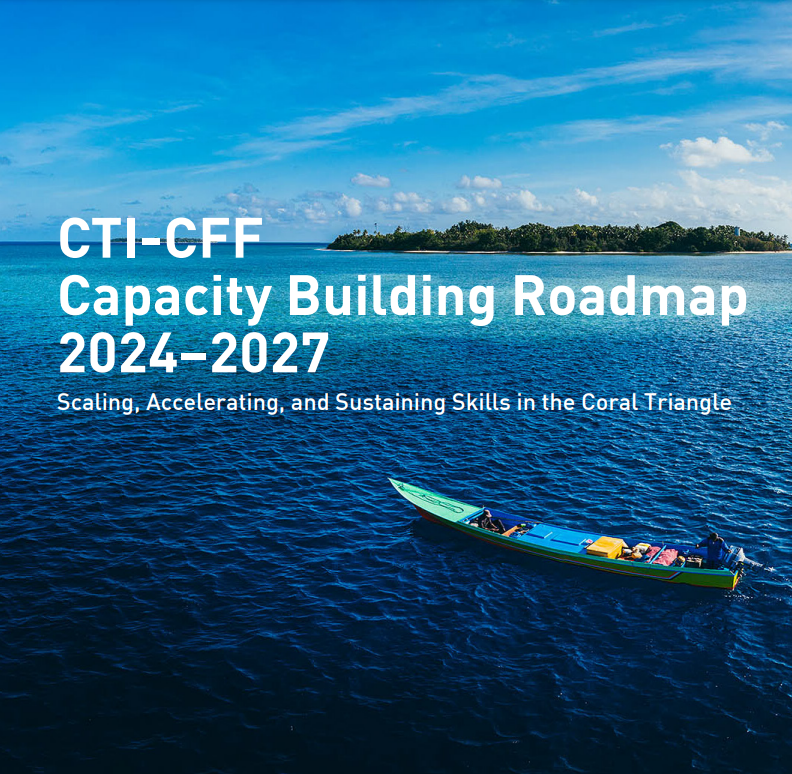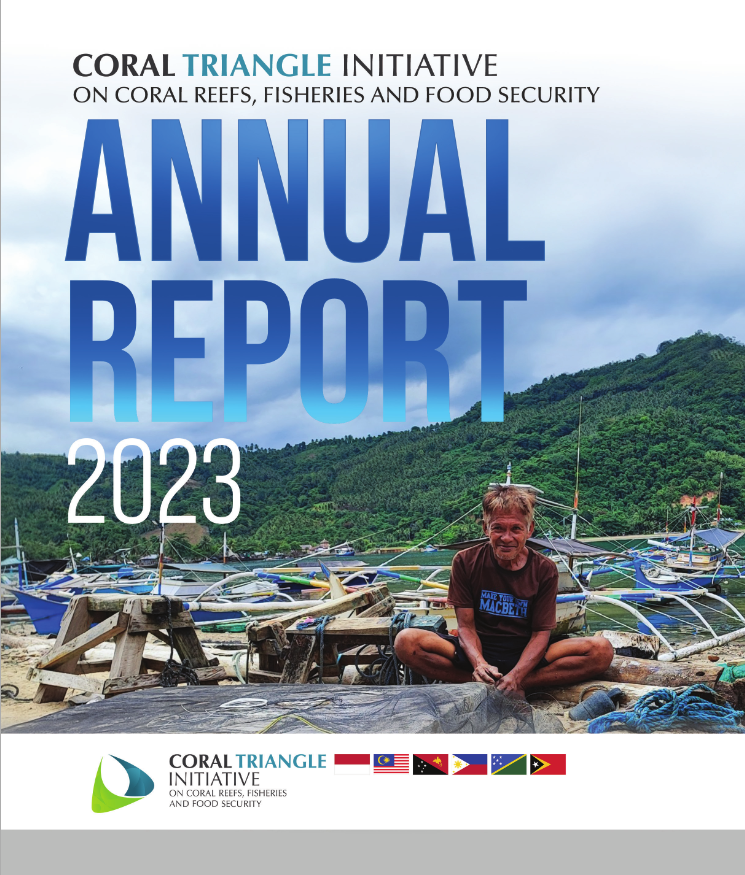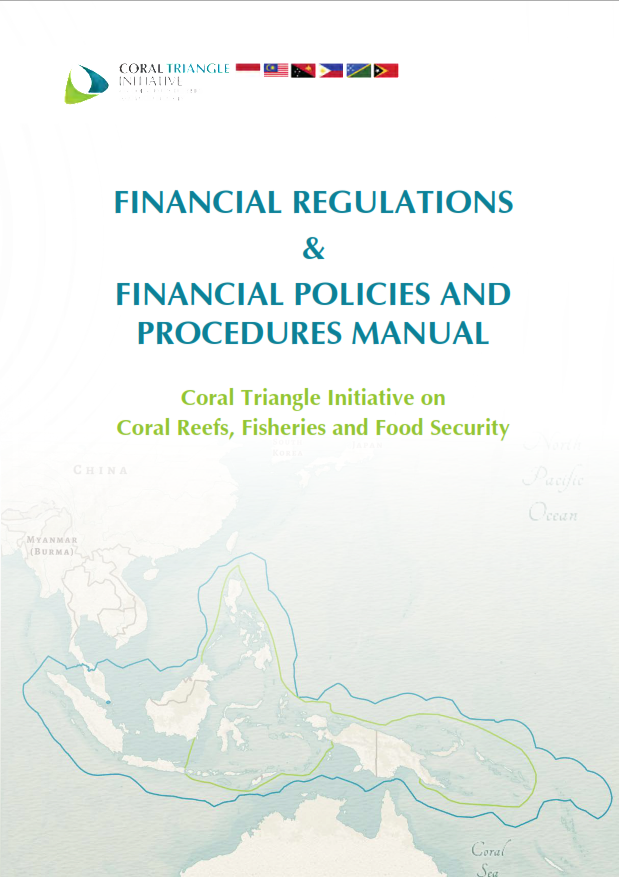Coral Triangle Marine Protected Area System Highlighted at International Congress
On October 21-27, 2013, the 3rd International Marine Protected Areas Congress (IMPAC3) took place in Marseille, France. This is the third time in twelve years that Marine Protected Areas (MPAs) managers, scientists, policy-makers, and representatives of local communities – a total of 1,500 participants from 87 nations – got together to discuss issues, challenges, and opportunities related to MPA establishment and management in various contexts. The congress has been successful in reaching the following outcomes: Create and harness momentum for MPAs;
- Put people at the heart of MPAs and reconcile conservation and development objectives;
- Demonstrate the critical role of regional, multi-stakeholder initiatives for taking conservation at scale; and
- Discuss sustainable and innovative financing options with donor institutions and trigger funding commitments to MPAs.
A Declaration for ocean conservation
IMPAC3 was immediately followed by a Ministerial Conference on Ocean Conservation held in Ajaccio, Corsica, attended by 19 Ministers and numerous representatives of governments, international institutions and NGOs, including WWF. Key outcomes are captured in the Ajaccio Declaration. In a nutshell, the Declaration:
- Emphasizes the importance of marine conservation for people and sustainable development;
- Reaffirms commitments to reach the CBD Aichi Target by 2020 (including by establishing MPA networks in Areas Beyond National Jurisdiction);
- Calls for developing sustainable financing solutions (welcoming the Mediterranean Trust fund announcement);
- Emphasizes the critical role regional initiatives must play in delivering conservation at scale; and
- Calls for better protection of the high seas (and the need for an implementing agreement under UNCLOS).
Regional priority places
There was substantial interest and support for the development and implementation of regional and sub-regional initiatives both at the Congress itself and the Ministerial Conference and WWF used this opportunity to profile its work in the Coral Triangle amongst other regional priority places.
These places are critical for the livelihoods of millions of people and are under increasing threats and pressure. Strengthened collaboration of all actors is needed to ensure biodiversity protection and development objectives are integrated.
The Coral Triangle and the Coral Triangle Initiative on Coral Reefs, Fisheries, and Food Security (CTI-CFF) experiences in particular were shared during three workshops on MPAs benefits for fisheries, MPA sustainable financing, and regional approaches to MPAs.
On behalf of CTI-CFF partners, WWF presented the new Coral Triangle Marine Protected Area System framework and action plan developed by CTI-CFF. This triggered discussion about regional frameworks and highlighted issues which could impact at the national level on MPA managers and governments, particularly for small countries with limited capacity to engage in regional initiatives.
“IMPAC3 offered the chance for WWF and colleagues from Fiji to share understanding and learning, and to develop closer relationships, which should enhance the work of WWF nationally and globally while building on the capacity of Fiji practitioners in the critically-important strategic planning sector,” said Jackie Thomas, Coral Triangle Global Initiative Deputy Leader.
By Valerie Burgener, WWF International MPA Action Agenda Manager and Jackie Thomas, WWF Coral Triangle Deputy Leader



